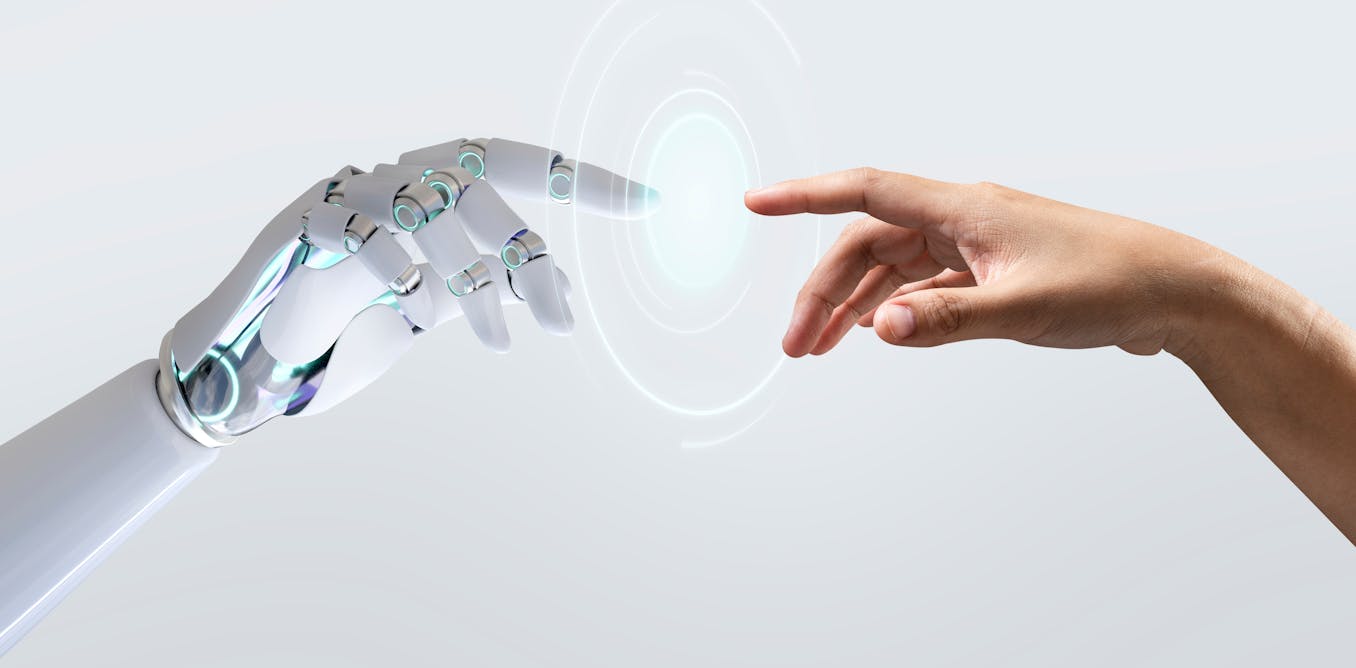**International Regulation of Artificial Intelligence: Can it Happen?**
Artificial intelligence (AI) is booming, yet there’s trouble on the horizon. Many believe that the next step should be international cooperation to regulate and put controls in place to manage the risks. But is it even possible?
**Friction Between Powers**
First off, we’ve got a chip war brewing between the US and China. AI is the next big battleground. So, of course, these reigning world powers aren’t exactly eager to come together to make a global institution capable of policing AI’s development and use. And we’re not just talking about the US and China. Existing international institutions are already struggling with tensions and disagreements, making a regulated AI hard to picture despite its urgency.
**What Will an AI-focused Organisation Do?**
Even if we could all agree on making an AI regulatory body, what would it actually do? Would it nurture scientific cooperation or coordinate AI rules around the world? Would it monitor and enforce human-centric and responsible AI? Let’s put it this way: reaching a consensus will most likely be more challenging than you think. Just take a look at the contrasting AI regulations already in place across different countries.
**What Role for Private Actors?**
And here’s another roadblock: the private sector’s ambitious role in AI. We may need to think about including these companies in a joint public-private governance system. And that’s no easy task, especially when countries are the main players. Until then, powerful actors such as the US and the European Union are bound to have significant sway over AI regulations worldwide.
At the end of the day, creating an organisation focused solely on regulating AI could be quite challenging. Yes, there’s been talk, but will we actually see it happen? What are your thoughts? Can international cooperation succeed in regulating AI? Let us know in the comments.
IntelliPrompt curated this article: Read the full story at the original source by clicking here a fun game: sprunki horror

